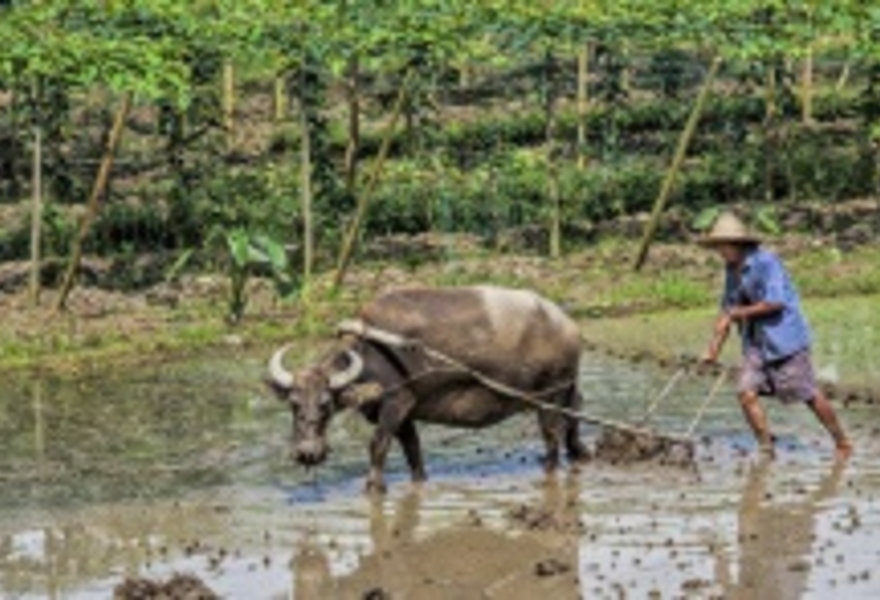The curse of agricultural advantage
A new MCC study finds that geography is a fundamental cause of growth across societies: Geographical advantage for agricultural production may slow down development.
Geographical advantage for agricultural production may delay the timings of industrialization and demographic transition as well as the change in labor structure towards an increase in proportion of skilled labor. Economies with less geographical advantage for agriculture, meanwhile, will overtake those with more advantage in the development process. These are some of the key findings of “From agriculture to manufacturing: How does geography matter” published by Nguyen Thang Dao, scientist at the Mercator Research Institute on Global Commons and Climate Change in the journal “Cliometrica”.
The article points to geography as a fundamental cause of growth and divergence across societies. It shows that when the technological level is low enough, only agricultural production is operative. However, good economic performances may be reserved from those countries with greater geographical advantage for agriculture to those who benefit less in this way.
The article introduces a geographical advantage for agriculture in a growth model to theoretically explain some of the historical facts. For example, China was ahead of Europe in its economic performance until around the fourteenth century. Nonetheless, China had been overtaken and Europe started industrialization before China. However, in order to focus on the role of this geographical factor, the article ignores other endogenous and or exogenous factors, which may considerably affect the development process – for example factors that are currently at work across the African continent.
Reference of the cited article:
Nguyen Thang Dao (2015): From agriculture to manufacturing: How does geography matter? Cliometrica.






